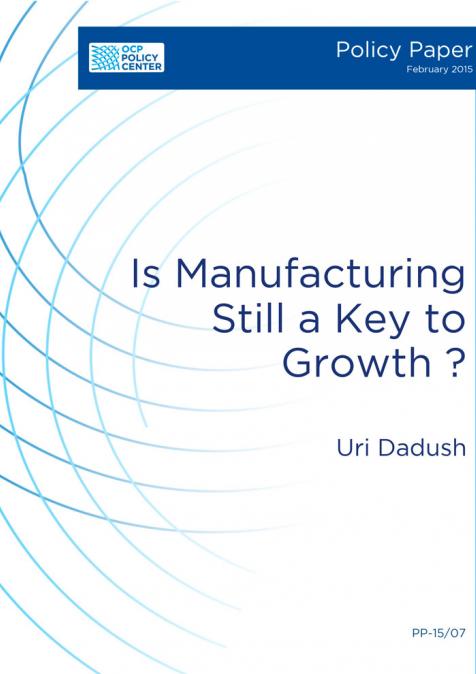Podcasts
The future of trade agreements
Related topics:
The Covid-19 pandemic has severely damaged the global economy. Confinement policies, global value chains disruption and risk aversion in the financial systems markets have brought the global economy to its knees. Since then, some developed and developing countries rushed to adopt defensive trade policies to supposedly cushion the economic impact. The results are the rise in global protectionism and a hard blow to globalization. In this podcast, M. Marcus Vinicius de Freitas, Senior Fellow at the Policy Center for the New South discusses with Abdelaaziz Ait Ali, Senior Economist at the Policy Center for the New South, the challenges and the prospects of trade agreements and the global trade system.



